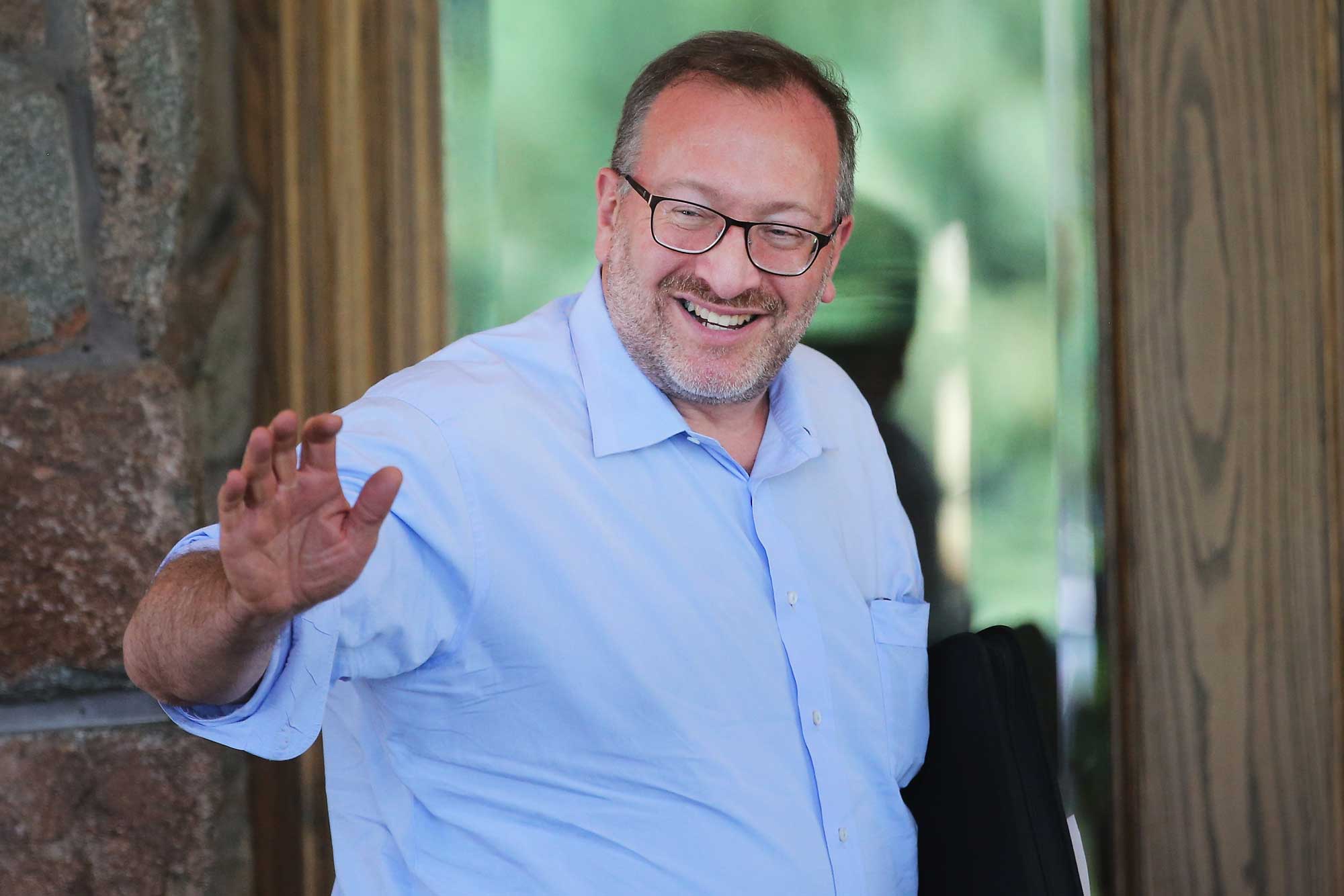Seth Klarman
Getty Images
Billionaire hedge fund manager Seth Klarman defended value investing, saying in a letter to clients that several factors, including the proliferation of passive investing, have created market mispricings that will soon lead to a payoff for the long underperforming strategy.
Klarman, the CEO of the Baupost Group, said his fund posted gains in the high-single digits last year, which was well below the returns of the broader stock market. He said his fund was active late in the year, pulling out of investments that had reached their perceived value and ending December with cash accounting for 31% of holdings.
“We believe that ongoing selling pressure of value names has contributed to mispricings that represent potential opportunity for long-term investors,” Klarman said in the letter, according to a copy obtained by CNBC.
The idea of value investing — focused on fundamental analysis of companies that often lack rapid growth but have steady and projectable cash flows — has long been championed by legendary investors such as Warren Buffett and Benjamin Graham.
Klarman is widely seen as following in the footsteps of those men, often being called “the next Warren Buffett” or “the Oracle of Boston,” a riff on a common nickname for Buffett. Used copies of his 1991 book “Margin of Safety: Risk-Averse Value Investing Strategies for the Thoughtful Investor,” sell for hundreds of dollars online. His fund has about $30 billion in assets under management.
Value investing has not been a winning strategy from a macro perspective for more than a decade. The Russell 1000 Value Index has underperformed the Russell 1000 Growth Index by 4.4% annually since 2007, and that gap has widened recently.
Small cap value stocks in particular are relatively undervalued at a level only surpassed by 1929, right before the Great Depression, and 1999, before the dotcom bubble burst, Klarman said.
‘Flat-footed’
Klarman acknowledged that his preferred strategy has underperformed recently, even when the analysis of the underlying businesses proves to be correct, in his view.
“To be sure, today’s trend-following environment has left Baupost looking flat-footed, as some of the publicly-traded bargains we identify and accumulate drift relentlessly lower – even as we believe they demonstrate their underlying value in several ways,” Klarman said.
But that divergence can be explained by some issues in market structure that are causing short-term prices to be wrong, Klarman said, and value investing should prove its worth over time.
Building off the idea from Graham and David Dodd that the stock market is a “voting machine” in the short term and a “weighing machine” in the long term, Klarman said that in today’s world of extremely liquid investing the shortest term is best thought of as an ATM, responding to cash needs and wavering sentiment of investors. This idea pairs with the rise of index funds to help explain market mispricings, Klarman said.
“As funds continue to flow into the hands of indexers, stocks not included in prominent indices relentlessly lag, while the beneficiaries of such inflows move more or less in tandem, sometimes seemingly regardless of diverging fundamentals,” Klarman said.
Klarman also defended Baupost’s large cash position, which is counter to a common idea that it is best to remain fully invested, saying that it makes sense in some cases to wait on the sidelines for more attractive investments.
“Unless the opportunities are truly and historically compelling, full exposure in this environment seems dangerous, given prevailing lofty valuations,” Klarman said. “Should corporate earnings weaken, record-high profit margins shrink, markets falter, or inflation pick up (driving central bankers to reverse current easy money policies), the downside from here could be quite significant.”
The hedge fund manager compared the opportunities he likes to “twisted apples” that aren’t broadly appealing but can still deliver a sweet fruit taste, and said a catalyst for the rebound of value investing is nearing.
The low-interest rate environment that served as “rocket fuel” for expanding valuations is not sustainable, Klarman said, and the lofty market caps of cash flow-burning companies such as Netflix and Uber, like the private valuation of WeWork before its failed IPO, may prove to be mirages.
Once the market corrects those mispricings, Klarman argued, it’ll be the twisted fruits that prove to be the smartest investments.
“Price may be what you pay, in other words, but value is what you get,” Klarman said.
